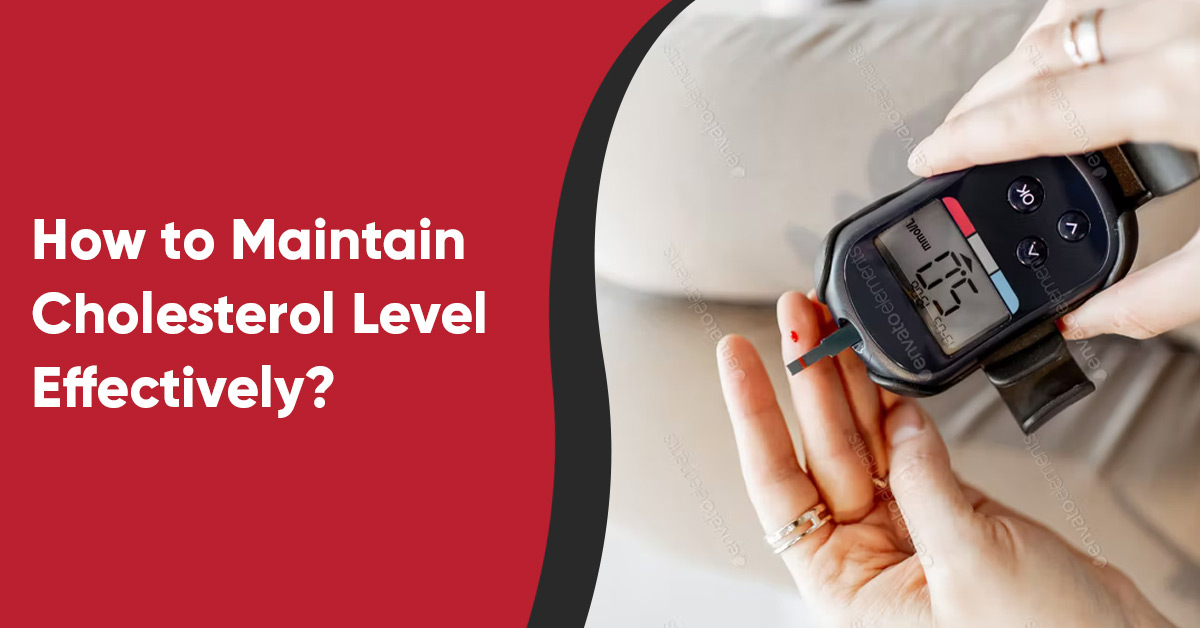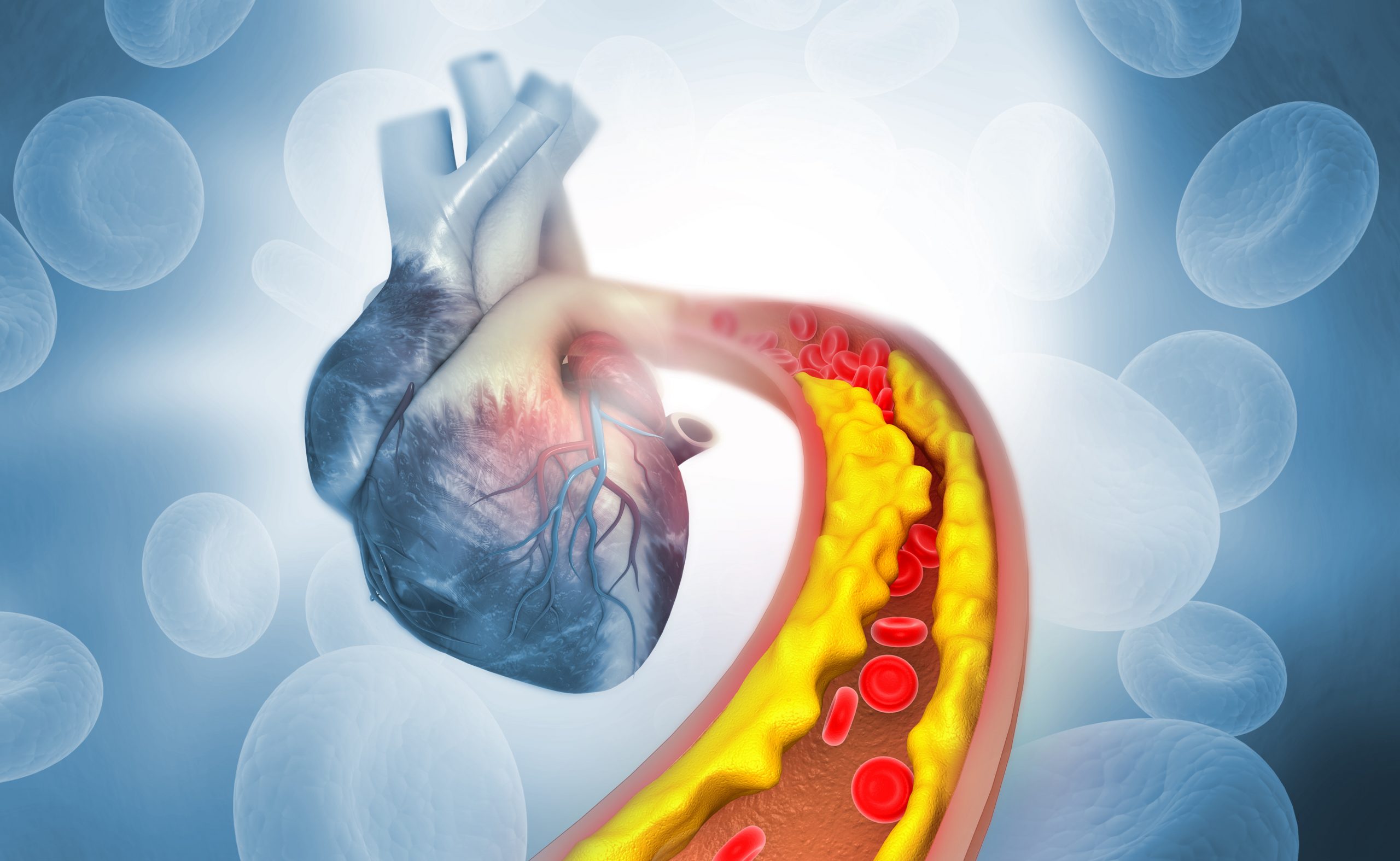
What is Hypercholesterolemia?
Hypercholesterolemia is defined as a condition with high cholesterol levels in the blood. More specifically, it means high levels of low-density lipoprotein cholesterol (bad cholesterol) or LDL cholesterol in the blood. You could also say it is low levels of high-density lipoprotein cholesterol (good cholesterol) or HDL cholesterol.
Hypercholesterolemia is a high-risk factor for causing cardiovascular diseases. These include but are not limited to peripheral arterial disease, coronary heart disease, and cerebrovascular disease. The symptoms of the diseases and conditions of hypercholesterolemia are dormant until the patient’s condition is deemed critical. When such stages are not treated soon, they create a high risk for life. Having that said, there can be serious complications related to hypercholesterolemia. Some of them are Myocardial infarction, sudden cardiac death, ischemic cardiomyopathy, and ischemic stroke.
Hypercholesterolemia Causes
The factors that can cause hypercholesterolemia are genetic factors and other factors. Some of the factors which can be controlled by an individual are –
Diet
Eating foods with high amounts of saturated fats or trans fat can cause hypercholesterolemia in the long run. Consuming dairy-rich products and meat products with high amounts of fat can cause abnormal cholesterol levels in the blood.
Inactivity
Regular exercise can help the body build the HDL cholesterol or the “good cholesterol” in the blood.
Obesity
Obesity is one of the most common causes of hypercholesterolemia. People with a BMI of more than 30 have a greater risk of hypercholesterolemia than people with a BMI lower than 30. The normal range of BMI is from 19-24. If you are under 19, you are considered underweight, whereas if you are over 24 but under 30, you are overweight. And if you are above 30 you are considered obese.
Smoking and Alcohol Consumption
Smoking cigarettes can reduce the HDL cholesterol levels in the blood. Also, alcohol consumption can cause a rise in total cholesterol levels in the blood. Whereas proper exercise and a proper diet can go a long way in maintaining prescribed cholesterol levels in the blood.
Moreover, medical conditions such as kidney diseases, HIV/AIDS, hypothyroidism, and Diabetes can also cause high cholesterol levels in the blood. In many cases, hypercholesterolemia can also be genetic. If a parent has this condition, chances are that their children would also have hypercholesterolemia. The problem may be there from birth, but the Hypercholesterolemia symptoms often fail to show until they turn adults.

Hypercholesterolemia Diagnosis
Generally, the doctor prescribes the blood test if they think you are obese, if you have, or if the doctor thinks you have hypothyroidism. The test must be taken while fasting for at least 9-10 hours before the test. The blood test lipid profile is done to get an accurate picture of total cholesterol, LDL, HDL, and triglycerides in the blood. Triglycerides are a type of fat in the blood. High levels of triglycerides can also increase the risk of heart disease.
Hypercholesterolemia Treatment
If the cholesterol levels can’t be controlled with proper diet and exercise, the doctor may prescribe certain medications. These medications depend on the total cholesterol, LDL, HDL, and triglyceride levels in the blood. Regency hospitals have the latest technology to perform the required blood tests and have some of India’s most renowned doctors working under one roof. Their medical experience and expertise will help you have a healthy life with minimal side effects.
Request a call back


 Call-an-Ambulance
Call-an-Ambulance



